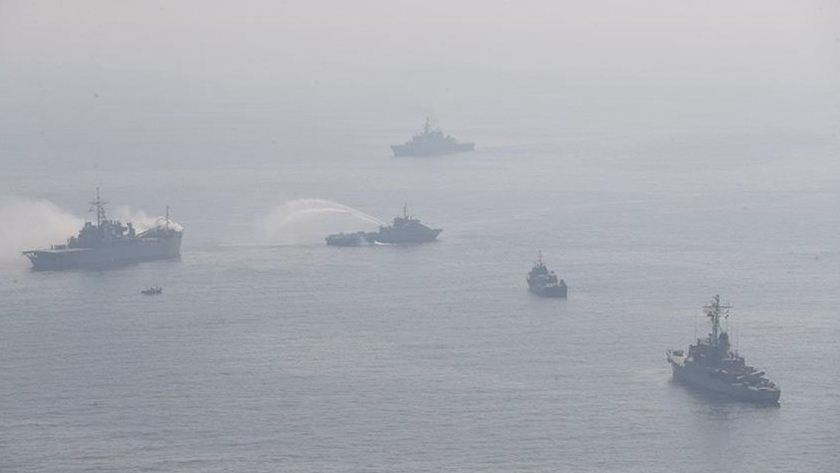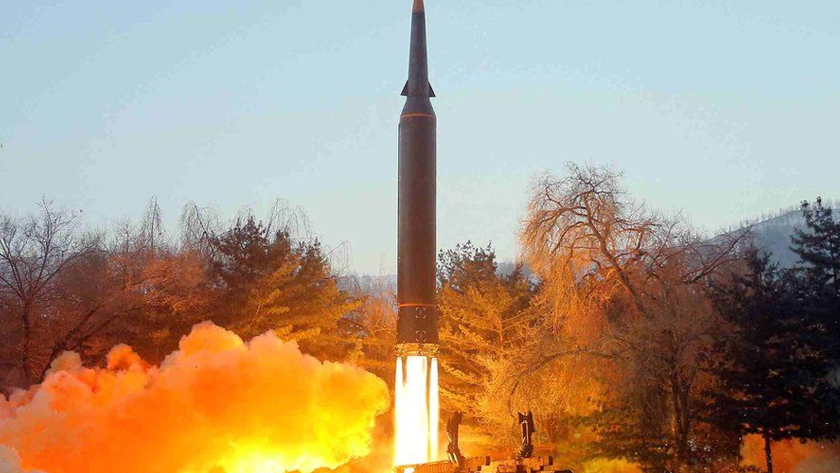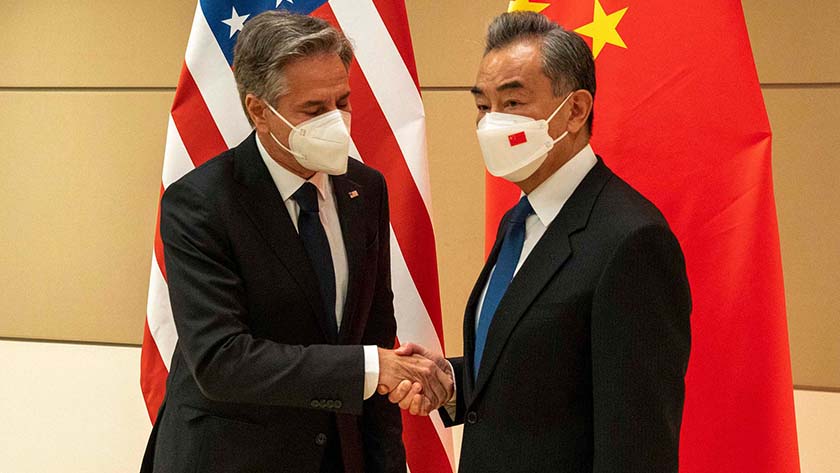Iran Press/ Asia: The US Vice President Kamala Harris landed at the home of U.S. Forces Japan in Tokyo on Monday, kicking off a four-day visit in which she’ll discuss an uptick in regional tensions with the country’s current leader and memorialize another.
Harris is leading a delegation of current and former U.S. officials that includes U.S. Ambassador to Japan Rahm Emanuel, who was on hand to greet the vice president at Yokota, and four others who once held his post: Sen. Bill Hagerty, U.S. Ambassador to Australia Caroline Kennedy, John Roos and Thomas Schieffer.
They’ll represent the United States at a controversial state funeral for slain former Prime Minister Shinzo Abe on Tuesday at the Budokan in Tokyo.
The vice president was slated to meet with Japanese Prime Minister Fumio Kishida on Monday evening, according to comments by a senior Biden administration official that were posted Friday on the White House website.
While in Tokyo, Harris will also hold discussions with the South Korean Prime Minister Han Duck-soo and Australian Prime Minister Anthony Albanese, according to the White House.
The US Vice President's visit to Japan is planned at the time when the US and South Korea started joint naval exercises on Monday, a day after North Korea fired another short-range ballistic missile.

During the four-day combined exercises in the East Sea, the allies mobilized over 20 vessels, an American aircraft carrier, and South Korean warships, Yonhap News Agency reported.
The US nuclear-powered USS Ronald Reagan arrived in the South Korean waters on Friday to join the combined exercises.
Tensions on the peninsula soared further last year when both Seoul and Pyongyang ramped up military drills to show off their might.
Related News:
US, South Korea launch military drills amid tensions with North Korea
North Korea fired a ballistic missile towards the sea off its east coast on Sunday, ahead of planned military drills by South Korean and US forces and a visit to the region by US Vice President Kamala Harris.

What the United States has always tried to do is to constitute provocation in Asia and it is fond of meddlesome in the Asian region's affairs. U.S. security policy in the Asia-Pacific region directly affects China’s security interests.
The US has a record of grossly interfering in China’s domestic affairs on issues concerning China’s core interests, including Taiwan. It seeks to undermine China’s security and stability by, both overtly and covertly, condoning and supporting separatist activities.
Related News:
U.S., Canadian warships sail through Taiwan Strait, second in a year

Despite its claims that it doesn’t seek to block China from its role as a major power, nor to stop it from growing its economy, the US is actually deploying its domestic and external resources to unscrupulously contain and suppress China.
The US has also tried to hold joint drills with South Korea over years. This issue also provokes North Korea to launch a number of missiles to show its defence capability.
It is the US that invented “coercive diplomacy” and excels at coercing countries. Over the years, by imposing economic blockade, unilateral sanctions and other means, the US has practiced coercive diplomacy around the world.
Since the end of World War II, the United States has either launched or participated in many wars overseas, including the Korean War, the Vietnam War, the Afghan War and the Iraq War. Those wars caused extremely severe civilian casualties and property losses, and lead to colossal humanitarian disasters. Since 2001, US wars and military operations in the name of counterterrorism have killed more than 900,000 people, about 335,000 of whom were civilians, injured millions and displaced tens of millions.
224
Read More:
North Korea fires ballistic missile ahead of US Vice-President Kamala Harris visit
N.Korea outlines new law to use nuclear weapons for preemptive strikes
China not to allow US to impose law of jungle: Ambr.
Maryam Abolbagha

